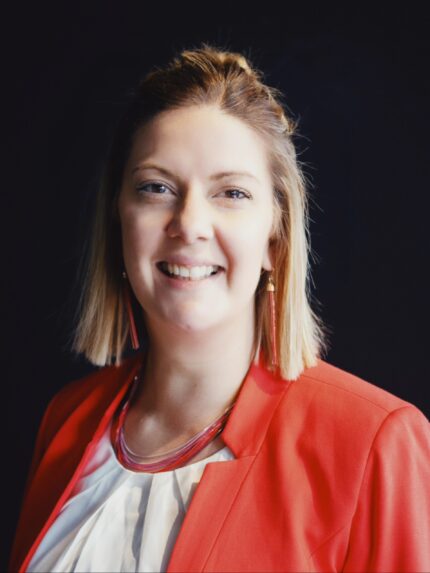As the cost of living crisis really starts to bite students – particularly those from a widening access background – will be wondering whether they can actually afford to go to university.
We must not allow the cost of living crisis to deepen educational inequalities. As a sector we must work together to ensure that those who are least likely to access higher education are given additional support to get into, and then stay in, higher education. We need to look at creative ways to collaborate to meet our collectively held ambitions around widening participation and to ensure that we do not step back from social mobility and access and participation plans.
As Steve West highlighted at the recent UUK conference
The future must be based on collaboration, trust and co-creation that provides the platform for growth, productivity and value.
Partnerships in widening participation
Exploring how we can develop innovative partnerships built on shared values will be crucial in ensuring students from a widening participation background see that university is a viable option for them.
In John Blake’s recent speech outlining the OfS’ consultation on a new approach to regulating access and participation he talked about his “third aspiration is to see more and more impactful school-university partnership activity”. While this is important with ever-growing demands on schools we must not forget the role that the third sector can play in bridging the gap and supporting schools and universities to deliver on their widening participation ambitions.
And it can’t be left solely to the third sector. Meaningful collaboration is about ensuring each party has an equal stake in realising ambitions. Personally, I’m a fan of a collective impact approach. Large-scale social change comes from better cross-sector coordination rather than from the isolated intervention of individual organizations.
Much of this should be at the heart of the new work by OfS on access and participation – really looking at the reasons behind why there is a discrepancy in progression or completion and then, crucially, looking at evidence-based solutions to support that group of students to ensure equality of opportunity.
Two groups of students who are consistently under-represented in higher education are care-experienced students and those estranged from their families. Just 13 per cent of young adults who have been looked after for more than a year are in higher education by age 19, compared to 43 per cent of non-care experienced 19-year-olds.
United with unite
At the Unite Foundation, we recently announced our strategic ambition to significantly expand the number of accommodation scholarships for estranged or care-experienced students. Our data shows that the risk for these students is that without a safe and stable home they’re more likely to drop out in their first year and less likely to graduate with a good honours degree. To have a chance at changing these outcomes, we need to work collaboratively.
The Unite Foundation is launching a new funding opportunity, working with Astra Foundation & Dulverton Trust, to look for university partners interested in advancing care leaver and estranged student outcomes through accommodation scholarships. Creating a match funding opportunity whereby we will collectively be putting in two-thirds of pilot scholarship tenancy costs and selected university partners will provide the final one-third of that cost.
The support we get from our corporate donor, Unite Students, has enabled us to provide over 600 places to date, but more must be done to ensure that students are able to access scholarships and more universities see first-hand the impact on progression and completion rates for care experienced and estranged students.
We must all work to challenge our thinking and to broaden our collective understanding of how we can effectively widen access. We’re excited to have unlocked this funding, with more in the pipeline, too. You can find out more about the opportunity here.












